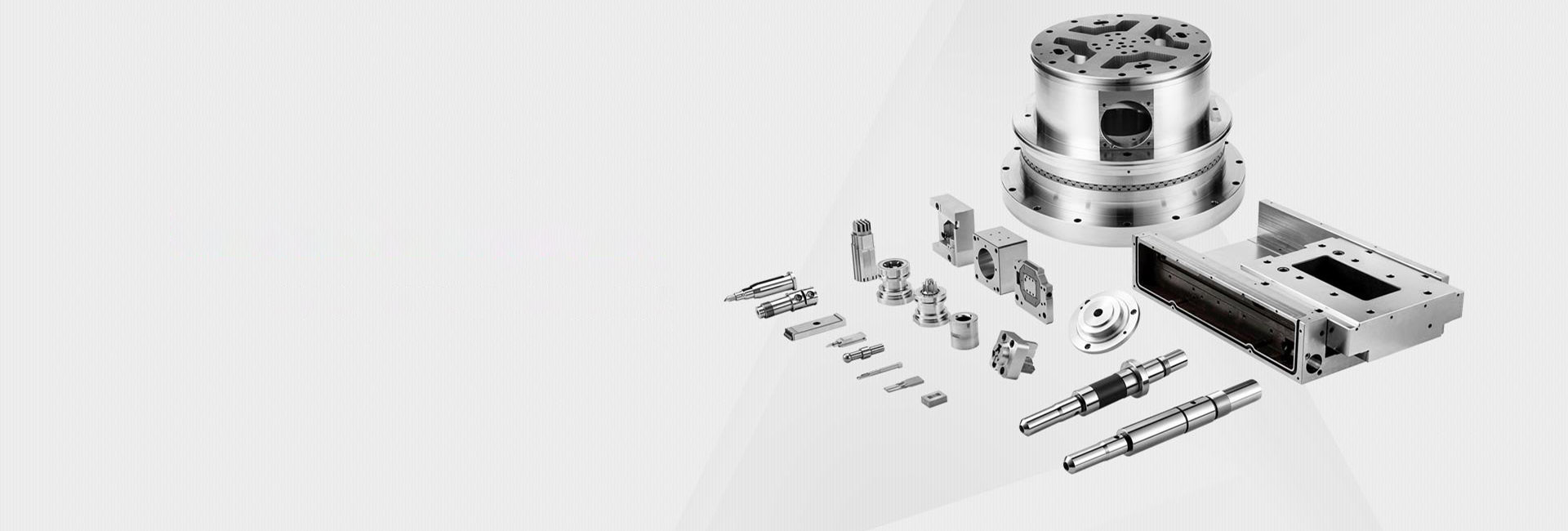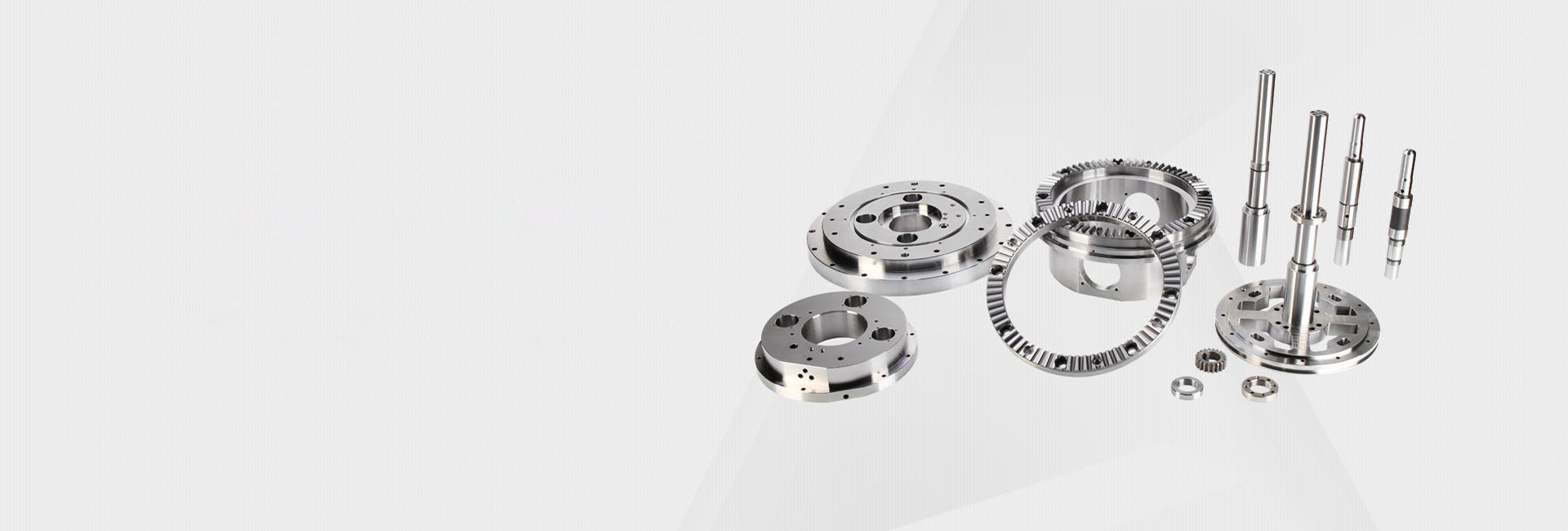Breaking Through CNC Machining Challenges for Long Shafts: 5 Key Tips to Solve Precision Slender Shaft Deformation Issues
🔍 Why is Slender Shaft Machining Called a "Technical Hard Nut to Crack"?
Slender shafts (with a length-to-diameter ratio L/d > 25) have poor rigidity and are susceptible to cutting forces and thermal deformation. During machining, problems such as bending, vibration, and dimensional instability often occur, which seriously affect precision and surface quality. The difficulty is further heightened when processing materials like stainless steel and titanium alloys.
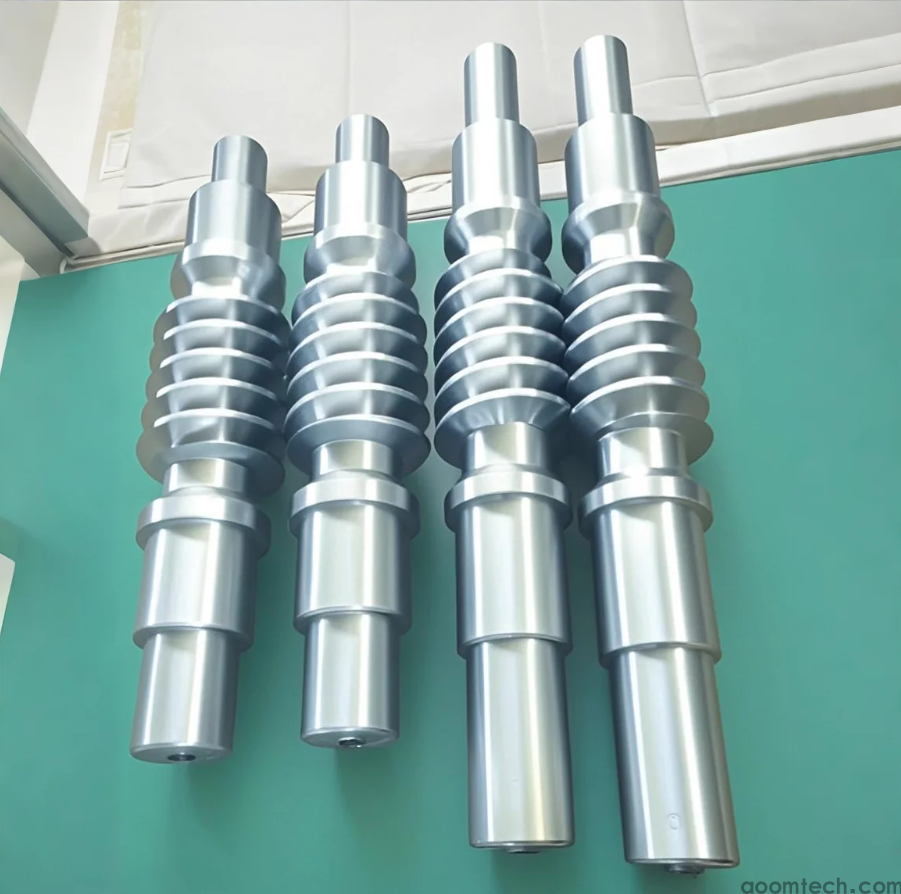
⚙️ Five Core Tips to Overcome Machining Challenges
1. Optimize Clamping Methods
- Adopt a combination of one chuck and one center with an elastic center to compensate for thermal elongation and prevent workpiece jamming.
- Use a follow rest or steady rest to improve system rigidity. The supporting jaws must make uniform contact with the workpiece and be fully lubricated.
2. Scientific Selection of Tool Parameters
- Increase the main cutting edge angle to 80°-93° to reduce radial cutting force; keep the rake angle at 15°-30° to lower cutting heat.
- Select wear-resistant cemented carbide inserts (e.g., YT15), with the cutting edge sharpness required to reach Ra ≤ 0.4μm.
3. Precise Control of Cutting Conditions
- Set the depth of cut to 0.1-0.3mm, feed rate to 0.1-0.2mm/r, and cutting speed to 100-200m/min.
- Fully apply cutting fluid to cool and lubricate, reducing thermal deformation and tool wear.
4. Process Segmentation and Stress Relief
- Leave a machining allowance for finish turning after rough turning; add a stress-relief annealing process if necessary.
- For workpieces requiring high precision, use whirlwind milling technology or precision grinding processes to improve surface quality.
5. Real-Time Monitoring and Adjustment
- Frequently check the workpiece runout during machining, and promptly adjust the supporting jaw pressure or cutting parameters.
- For heat-sensitive materials (e.g., titanium alloys), adopt a strategy of low spindle speed and high chip load to control temperature.
💡 Material Characteristics and Corresponding Strategies
Processes need to be adjusted according to the properties of different materials:
- Stainless steel: Prone to tool adhesion; optimize chip breakers and maintain sharp cutting edges.
- Titanium alloys: Poor thermal conductivity; strictly control cutting temperature to avoid work hardening.
- Superalloys: Prioritize low cutting speeds to prevent work hardening.
🛠️ Equipment Selection: Machine Tools and Auxiliary Tools
- CNC lathes: Equipped with hydraulic tailstocks and turrets as standard, suitable for precision machining of long shaft parts (e.g., model KN-52D).
- Steady rests and follow rests: Three-jaw follow rests can effectively suppress vibration and must be aligned with the machine tool center.
- Elastic centers and emery cloth grinding: Improve positioning accuracy and reduce friction.
💎 Personal View: Directions for Technological Breakthroughs
Currently, slender shaft machining still relies on experience accumulation, but intelligence and real-time adaptive control are future trends. For example, monitoring cutting forces and temperatures via sensors and automatically adjusting parameters can reduce reliance on operators' skills. In addition, hybrid machining technologies (e.g., integrated turning and milling) can reduce repeated clamping errors through multi-process integration, making them particularly suitable for high-precision mass production scenarios.
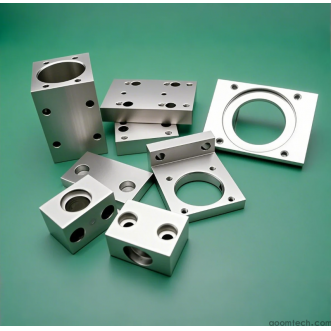 How is the price calculated fo
How is the price calculated fo
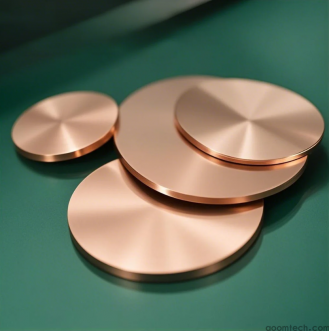 How Does a High-Precision CNC
How Does a High-Precision CNC
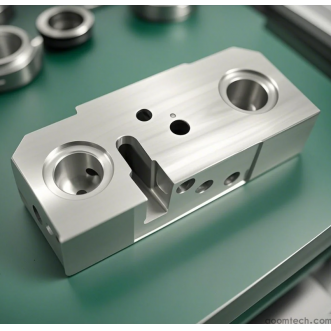 What Factors Affect CNC Machin
What Factors Affect CNC Machin
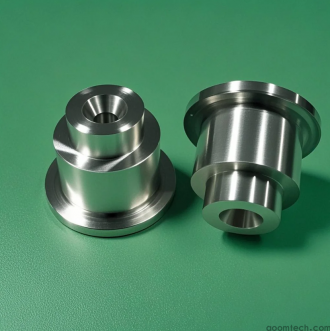 How to Choose a Supplier for C
How to Choose a Supplier for C

